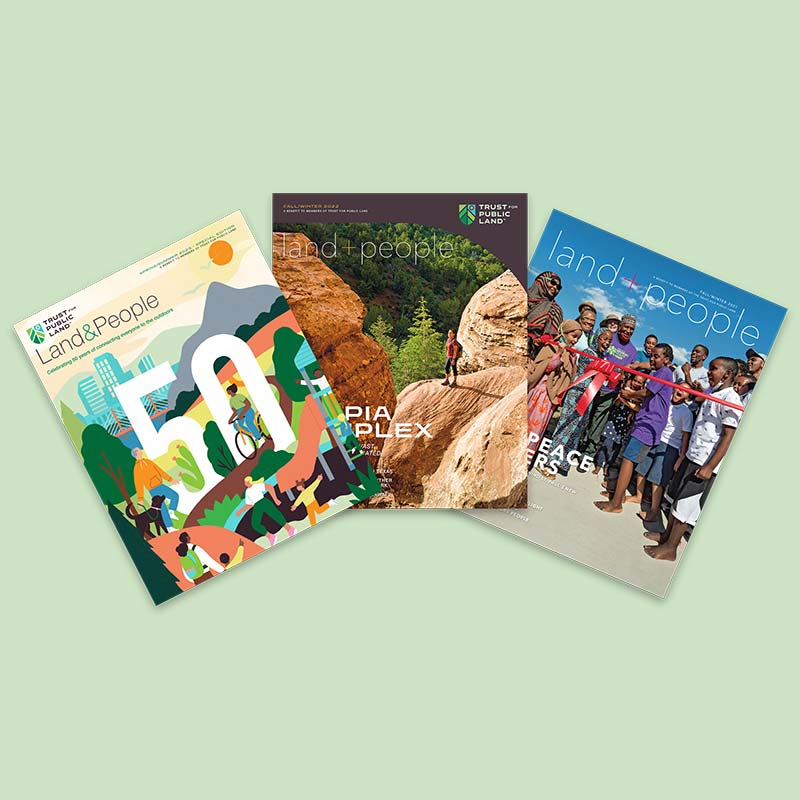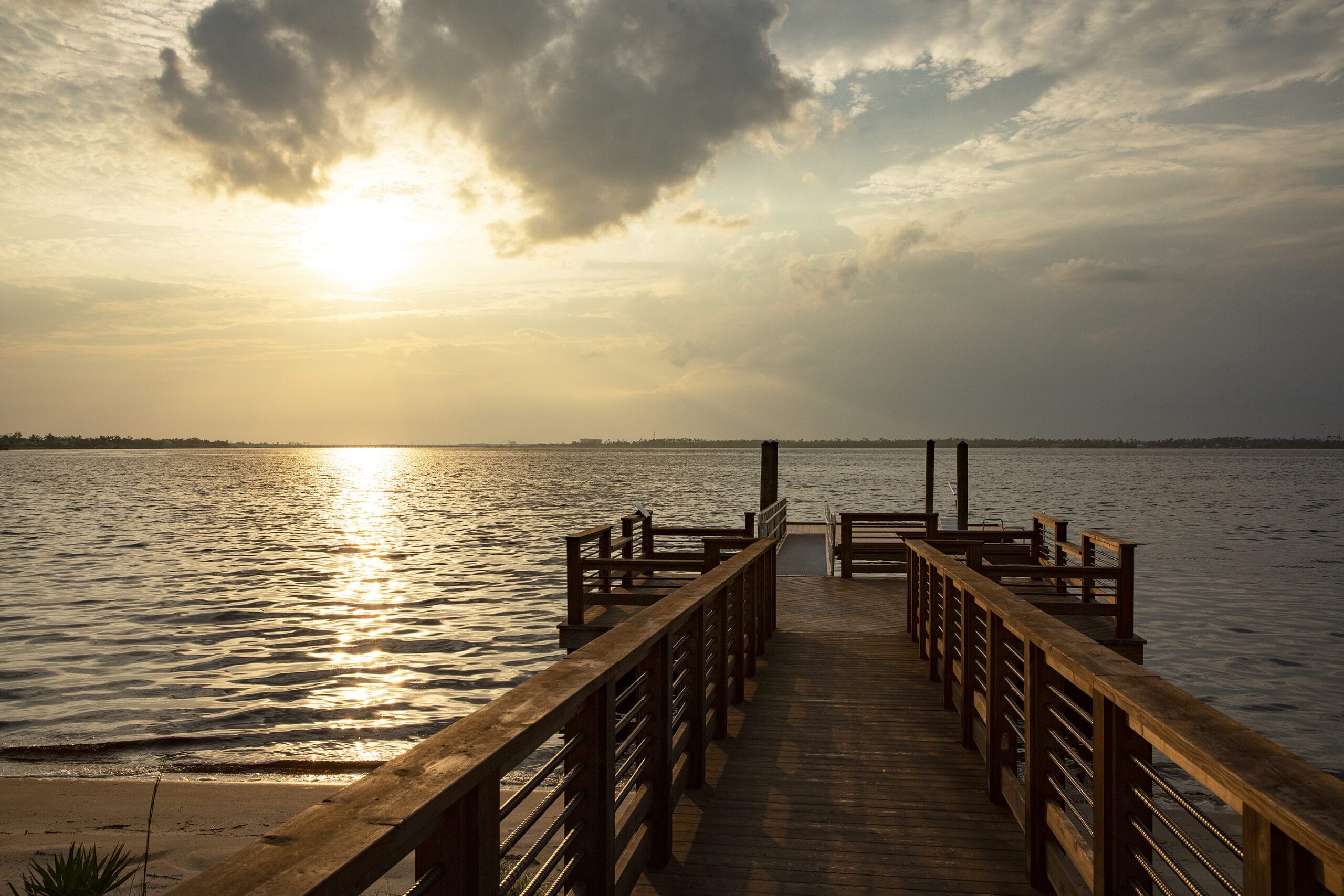On April 20, 2010, the Deepwater Horizon oil rig exploded in the Gulf of Mexico, opening a hole on the seafloor that nobody knew how to plug. For an entire summer, the ruptured oil well continued to bleed—an environmental disaster President Obama called the worst in the nation’s history.
The oil would eventually extend 68,000 square miles—but the spill’s effects reached far beyond that. Oil washed up on beaches and marshes along 1,100 miles of the Gulf Coast. A million seabirds and thousands of marine mammals and sea turtles died after exposure to the oil. The fishing and tourism industries reeled.
“The oil spill critically hurt our area,” says Dwayne Piergiovanni, who was born and raised in Cape San Blas, a laid-back village on a sand bar jutting into the gulf. These days, he operates a restaurant in nearby Port St. Joe. “Our economy is pretty much dependent on tourism, and news of the spill scared people away. It took us a couple of years to get back on track.” All told, the spill caused an estimated $693.2 million in losses to the Gulf’s recreational economy in 2010 and 2011.
As part of the penalty for its role in the disaster, BP paid nearly $17 billion to fund restoration, research, and land protection throughout the Gulf region. Trust for Public Land has used some of this funding to protect land and create or expand a string of five waterfront parks all along the Florida Panhandle. Public boat launches and boardwalks will make it easier and cheaper for anyone–locals and tourists alike–to reach the region’s beaches and bayous.
“Access to the waterfront: that’s the main thing we need in Bay County,” says Captain Jerry Anderson. He’s owned a commercial and recreational fishing charter business in nearby Panama City since 1978. “All over the East Coast, our working waterfront is vanishing—investors come in and build subdivisions on lowlands and wetlands, instead of making a park there for the average Joe Blow. That’s where The Trust for Public Land came in, and thank God for that.”
In October 2018, disaster struck again. Hurricane Michael roared in from the Gulf of Mexico as the strongest storm to ever hit the Florida Panhandle. The storm claimed dozens of lives and damaged or destroyed thousands of homes and businesses.
Island View Park in the aftermath of Hurricane Michael. The storm was responsible for dozens of fatalities and over $5 billion in property damages.Photo credit: The Trust for Public Land
Recovering from Michael will take years—but progress has been promising. “I’m surprised how far it’s come in such a short time, honestly,” says Piergiovanni. Along with rebuilding their own homes and businesses, he and his neighbors are eager to see restoration and repairs to the beaches and bays that draw locals and visitors alike throughout the summer tourism season.
At Cape San Blas, construction is underway on an expansion to Salinas Park, one of the five park projects funded by the Deepwater Horizon spill. “As visitors start coming back, they’ll see Salinas Park is a positive development since the storm,” says Warren Yeager, who works for Gulf County to help oversee the distribution of the BP settlement funding. Along with providing places for locals and visitors alike to connect with the natural world, “Salinas Park is going to show a lot of our visitors how well Gulf County is coming back.”
“Between the oil spill and Hurricane Michael, we’ve had our fair share of setbacks,” says Piergiovanni. But he says it’s not the setbacks that define his community—it’s how they recover. “Rebuilding our parks important, right up there with homes and businesses. They’re all pieces of the same pie.”
One-third of Americans, including 28 million children, lack safe, easy access to a park within a 10-minute walk of home. Urge your senators to pass the Outdoors for All Act to create parks and enhance outdoor recreational opportunities!

Donate to become a member, and you’ll receive a subscription to Land&People magazine, our biannual publication featuring exclusive, inspiring stories about our work connecting everyone to the outdoors.

